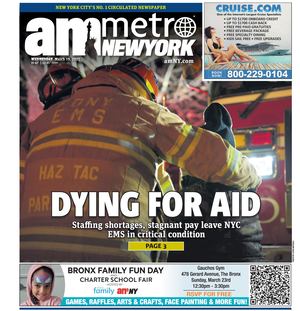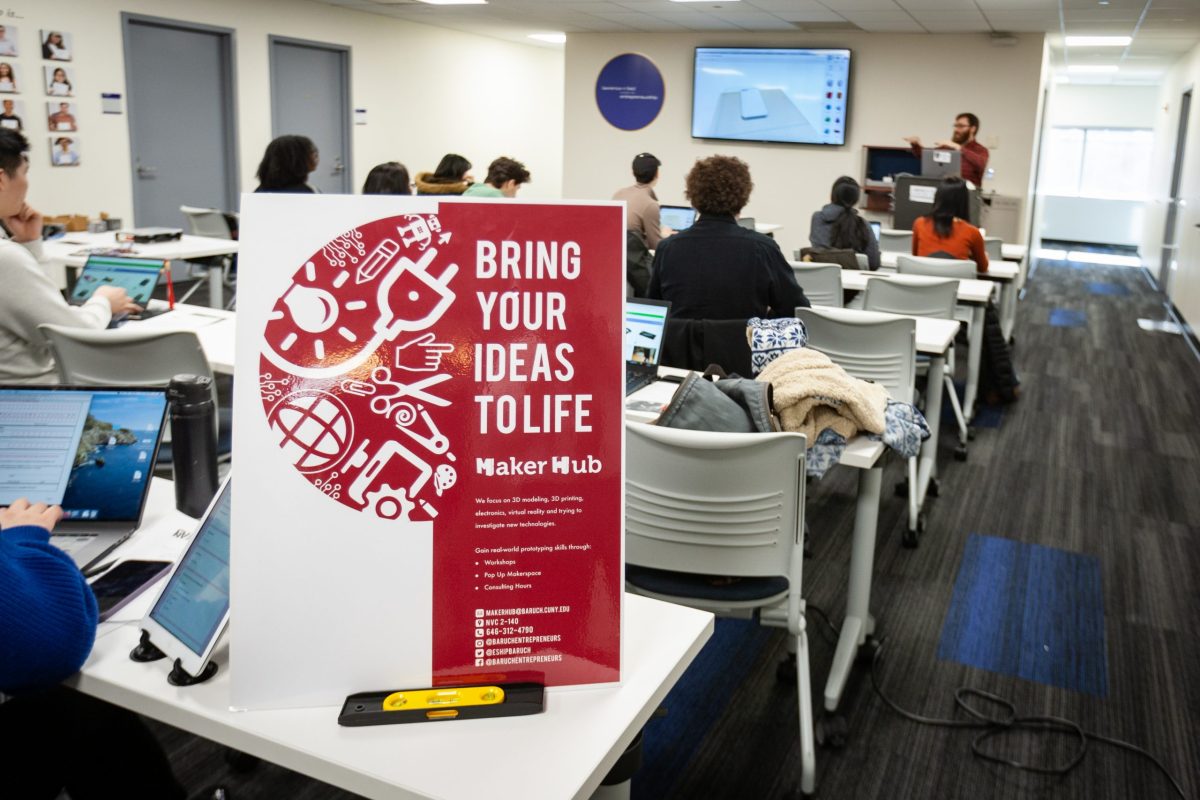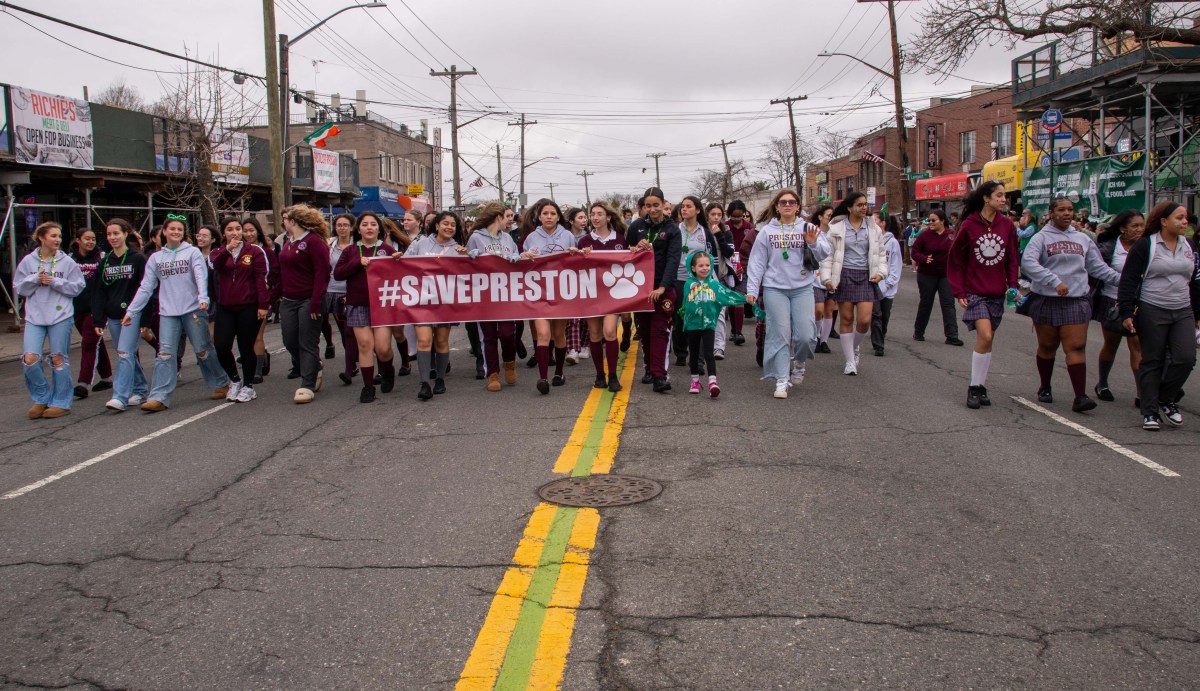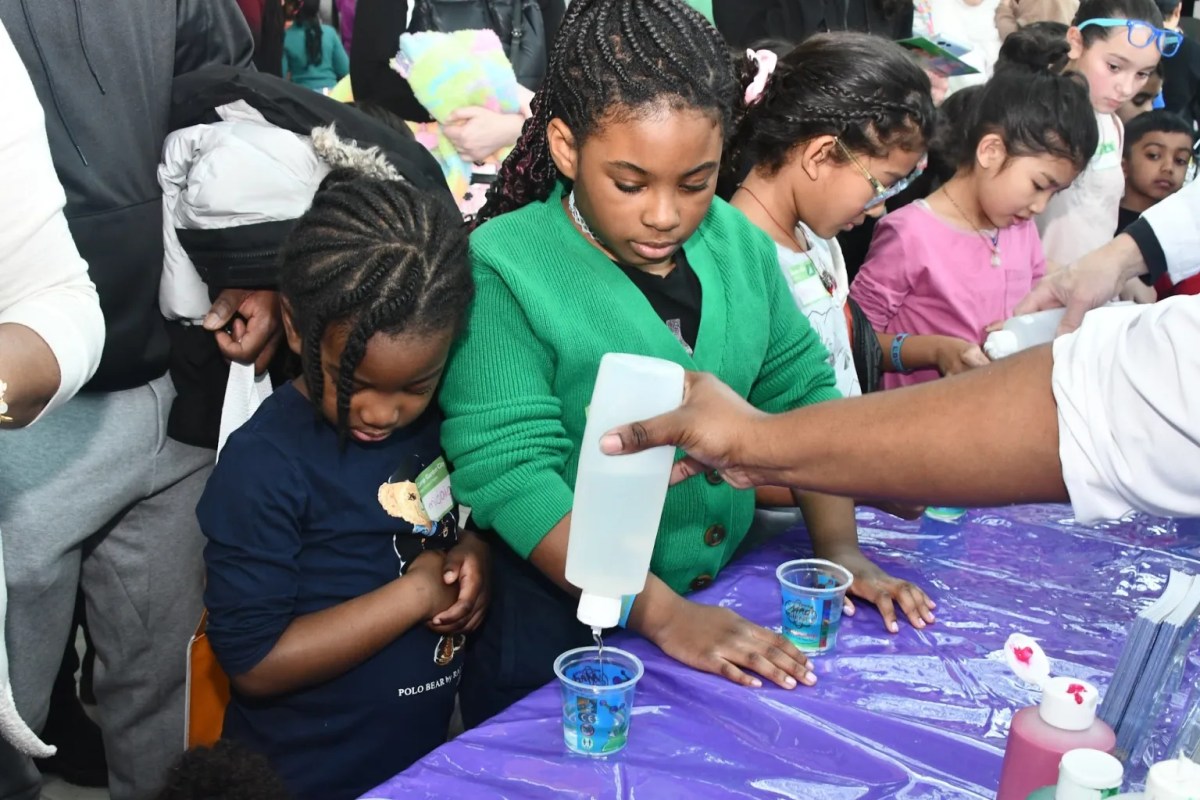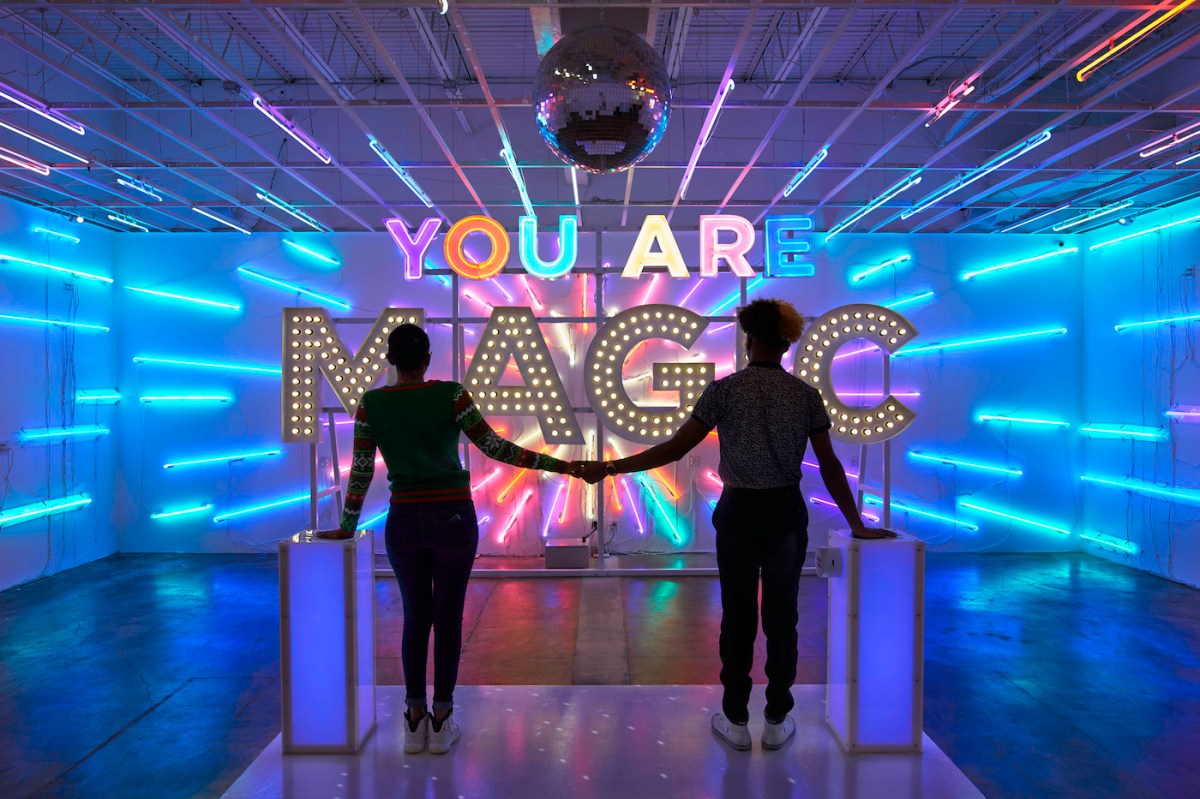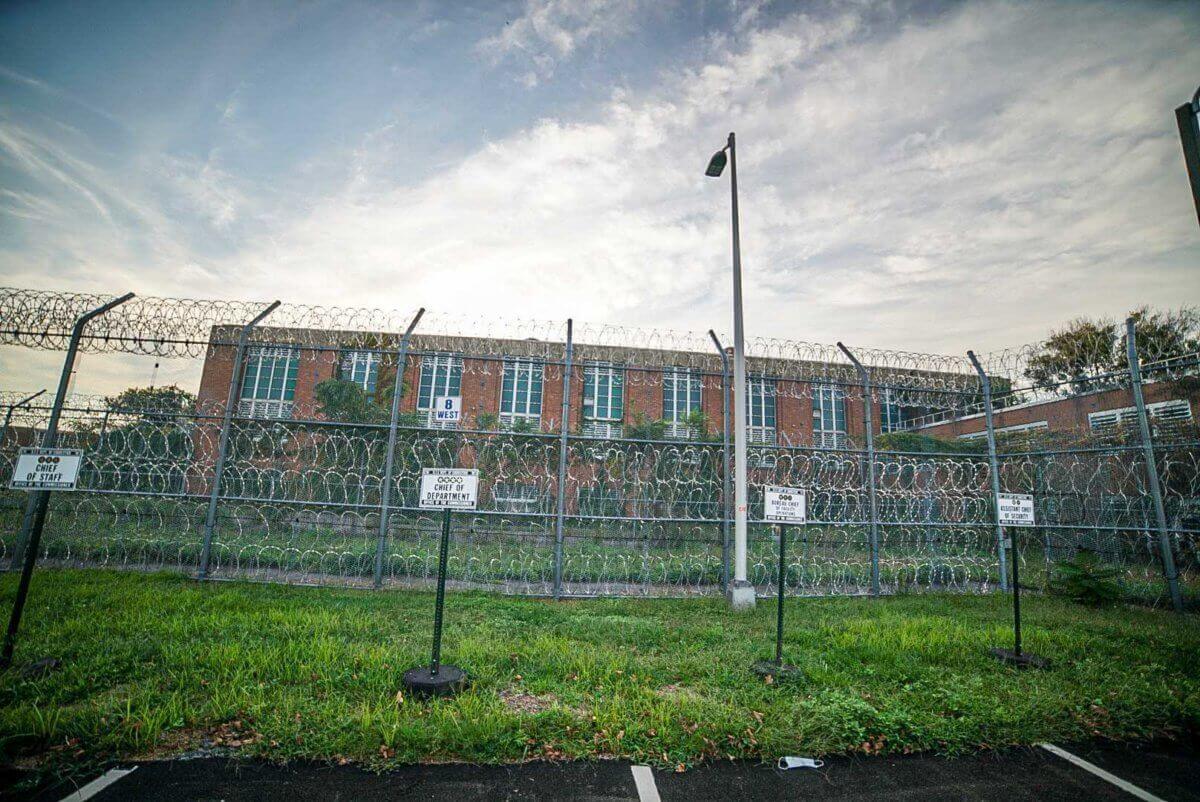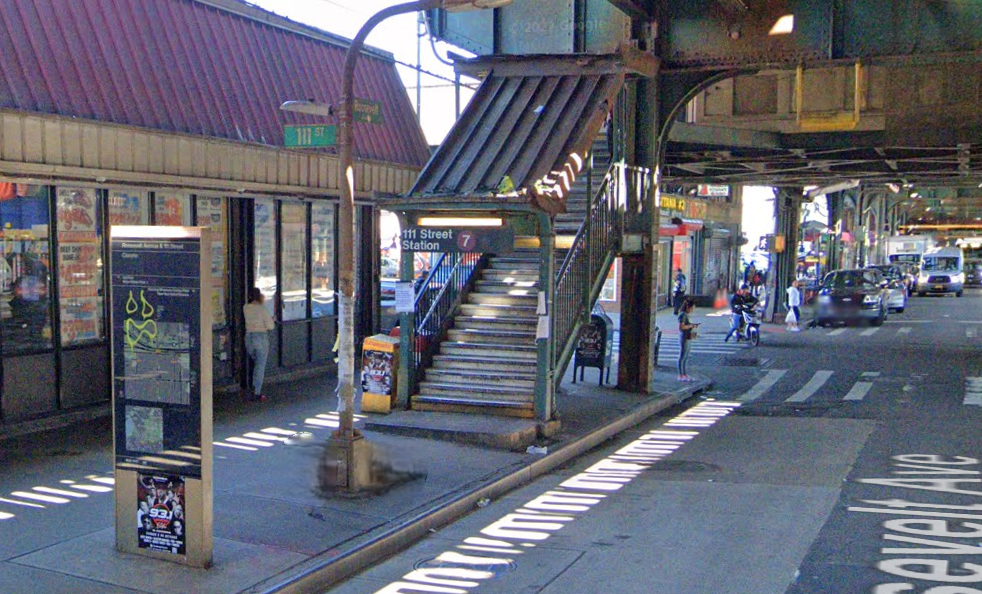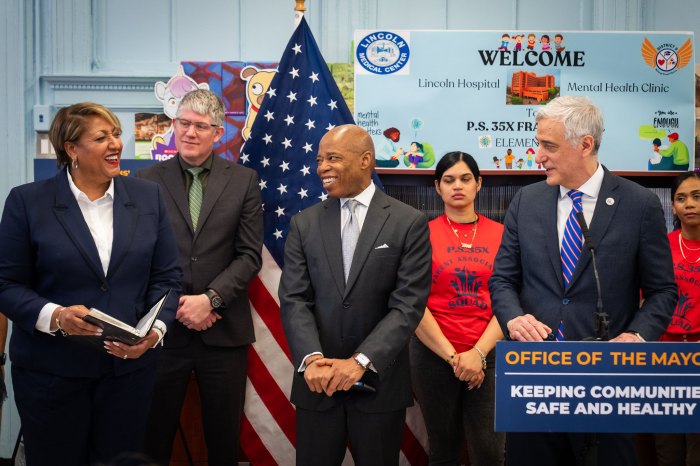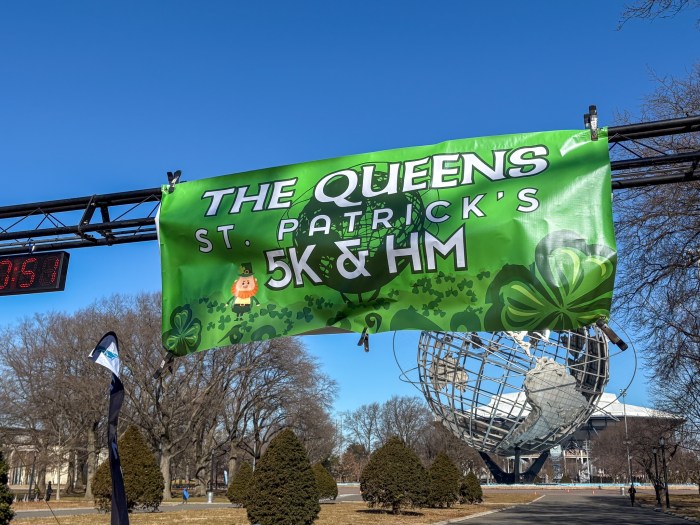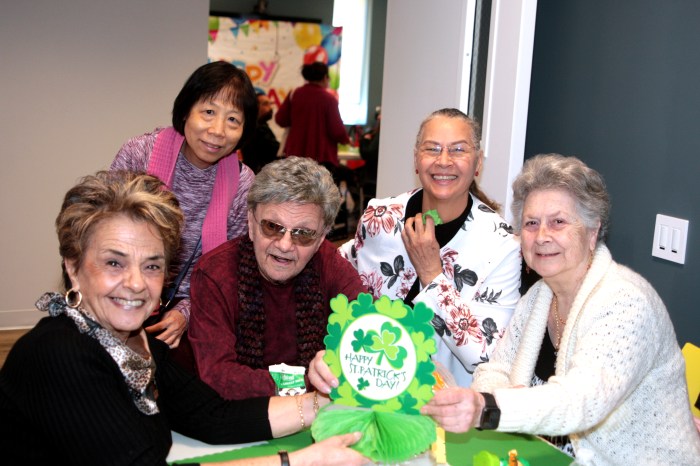by Félix V. Matos Rodríguez
Just days into the fall semester, the City University of New York’s ability to propel students up the socioeconomic ladder was recognized in a series of national rankings of institutions of higher ed.
The Wall Street Journal named Baruch College and City College of New York as the country’s top two “Best Value” public colleges, respectively. Those schools were also listed, along with six other CUNY colleges, among the top public schools in the northeast, and also among the nation’s most affordable and diverse.
CUNY’s quality and affordability were also recognized by U.S. News & World Report, which named 10 CUNY senior colleges among the top performing public institutions of higher education in the northeast. The magazine listed six CUNY schools among the top 25 in promoting social mobility, and six whose graduates have the least student debt. And Business Insider, Money.com and the Princeton Review each also touted CUNY’s value and affordability in their rankings, while a study published earlier this year by the Brookings Institution affirmed CUNY’s effectiveness in lifting low-income students into the middle class.
Our community colleges were also recognized for their quality in the 2019-2020 school year, when three were selected as candidates for the prestigious Aspen Prize, putting them in league with the top 15 percent of community colleges nationwide. Earlier this year, Borough of Manhattan Community College was named a finalist for the $1 million prize.
This all serves to underscore CUNY’s tangible impact on the city and region, its economy and residents. Its greatest impact can be stated in two words: social mobility.
CUNY’s 25 campuses anchor their communities, helping all residents of our city to meaningfully contribute to the city’s evolving economy. Now, the University is marshaling its resources to help the region build back even better from the economic fallout of the pandemic.
To ensure that our graduates continue to drive the area’s economic resurgence for years to come, we have collaborated with industry partners and created career readiness programs for students that will culminate in tens of thousands of well-paying jobs for the city’s economy.
- A new enterprise led by 27 CEOS of some of the largest employers in New York will create career pathways for 25,000 CUNY students with a focus on low-income and Black, Latinx and Asian communities. The New York Jobs CEO Council will have a direct impact on the economy, creating a pipeline of skilled CUNY workers to the growing workforce.
- I’m enthusiastic about the CUNY 90-day Upskilling challenge, which is providing free skills training and includes course partnerships with Google and IBM to connect students to employers who are hiring during COVID-19.
- I applaud the Governor for including CUNY in the state’s historic $9 million Workforce Development Initiative to support job training opportunities across New York. The federally funded program will support job training opportunities across the state, and will benefit CUNY colleges including Lehman, Kingsborough Community College and LaGuardia Community College, helping our students adjust to a post-COVID market.
- We’re expanding our CUNY Cultural Corps, a proven-successful program that provides a pipeline to careers in New York City arts and cultural sectors for students from underrepresented communities. With new support from the Andrew W. Mellon Foundation, CUNY will be able to place hundreds of additional students in internships and give them access to the training and exposure to pursue fulfilling careers in the arts.
These initiatives represent the kinds of work-based learning programs that elevate students and inspire informed observers to acknowledge our efficacy, and the benefits are long-lasting. As of summer 2018, we estimated that 1 million people who graduated from a CUNY college in the previous half century were living in New York State, and 82 percent of those — or 840,000 CUNY grads — lived in New York City.
From CUNY’s operations and procurement, research, construction and student and alumni activities, our colleges annually generate billions of dollars for the regional economy, as two studies noted earlier this year.
When I was appointed Chancellor in May of 2019, I brought an agenda that focused on increasing access for traditionally underrepresented groups. The COVID-19 pandemic compelled us to quickly pivot to distance learning, but it didn’t alter my priorities. It only made them more urgent.
After all, when we provide a path upward for all New Yorkers, we are moving the city forward. I can’t think of a better cause to get behind in these uncertain times.
Félix V. Matos Rodríguez is the chancellor of the City University of New York, the nation’s largest urban public university, serving over 500,000 students of all ages in seven community colleges, 11 senior colleges and seven graduate or professional institutions. Visit cuny.edu.
